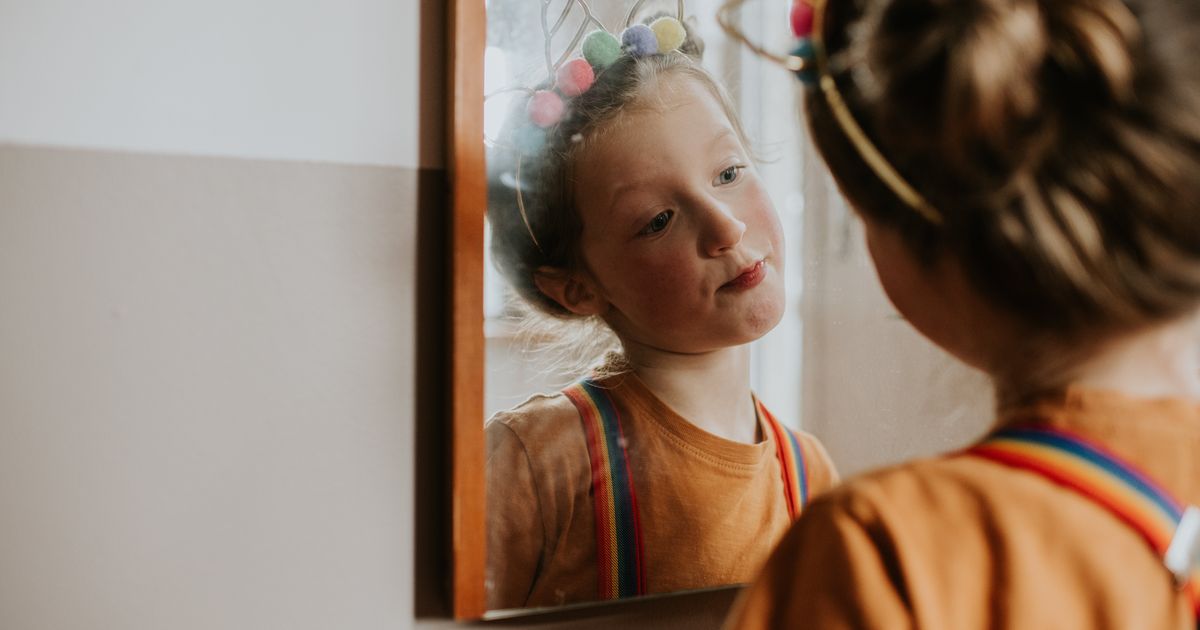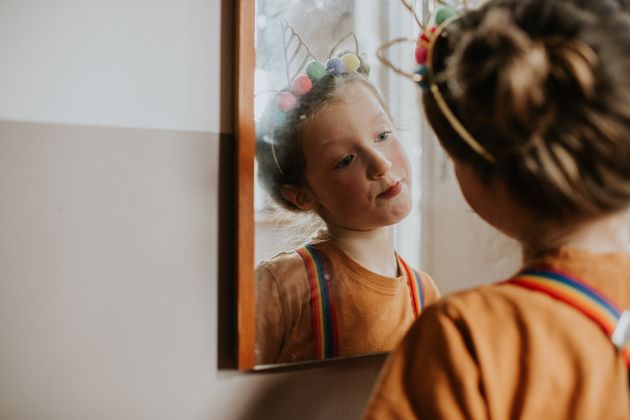
As parents, all we want is for our kids to be happy and confident – and part of how we show them how great they are is to dish out praise.
“Well done!” ~ “Good boy/girl!” ~ “Great job!”
You probably utter these a fair few times throughout the day if your little one does something well.
And while praise is mostly considered to be beneficial for motivation, studies have found it’s the type of praise that makes the difference here.
Advertisement
Which praise is best?
A review of studies found praising a child’s intelligence had more negative consequences for their achievement motivation than praise for effort.
Fifth graders (10-11 year-olds) praised for intelligence were found to care more about performance goals relative to learning goals than children praised for effort.
When these children failed, they displayed less task persistence, less task enjoyment, more low-ability attributions, and worse task performance than children praised for effort.
What’s more, children praised for intelligence described it as a fixed trait more than children praised for hard work, who considered it subject to improvement.
Advertisement
Recently, clinical psychologist Dr Martha Deiros Collado shared an Instagram post about how parents can offer praise without even thinking sometimes, and that can be a problem.
“Praise is most effective when it is specific and focused on what a child has done,” she wrote in the caption for the post. “‘Well done’ sometimes rolls off the tongue so fast you may miss the effort your child has put into something.”
Dr Deiros Collado notes that “praise is a form of pressure” so the more a parent says “well done” or “good girl/boy” the more their child is likely to rely on their parents’ evaluations and judgement of what’s good or not.
“This can increase anxiety and shrink self-confidence,” she adds.
This pressure can also make some children “pull away” from doing something they’re good at, she suggests.
Advertisement
So, what should parents be doing?
In short: praising effort, not talent, seems to be the best course of action.
A Stanford study of toddlers found doing this led to greater motivation and more positive attitudes towards challenges later in life.
As study author Professor Carol Zweck, told Psychology Today, statements like ‘you’re great’ or ‘you’re amazing’ aren’t helpful because later in life, when they don’t get it right or don’t do it perfectly, “they’ll think they aren’t so great or amazing”.
Dr Deiros Collado recommends talking less and asking more. So if your child draws something, you could ask: “How did you choose those colours?” or “Tell me more about the picture!”
Sometimes, instead of offering praise, silence can be just the ticket. “Let your child share their experience and pride (if it exists) or just let it be. Children do not need praise to be good,” she adds.
And lastly, she suggests you could try an approach where you offer praise and ask questions – she offers the example of saying: “Well done! You put your top on all by yourself. How did you do that?”
Advertisement
Of course, saying “well done” and “good girl/boy” every now and then isn’t going to hurt – but if you can think of creative ways to acknowledge your child’s effort in the things they do, you’ll be helping them in the long-run.




